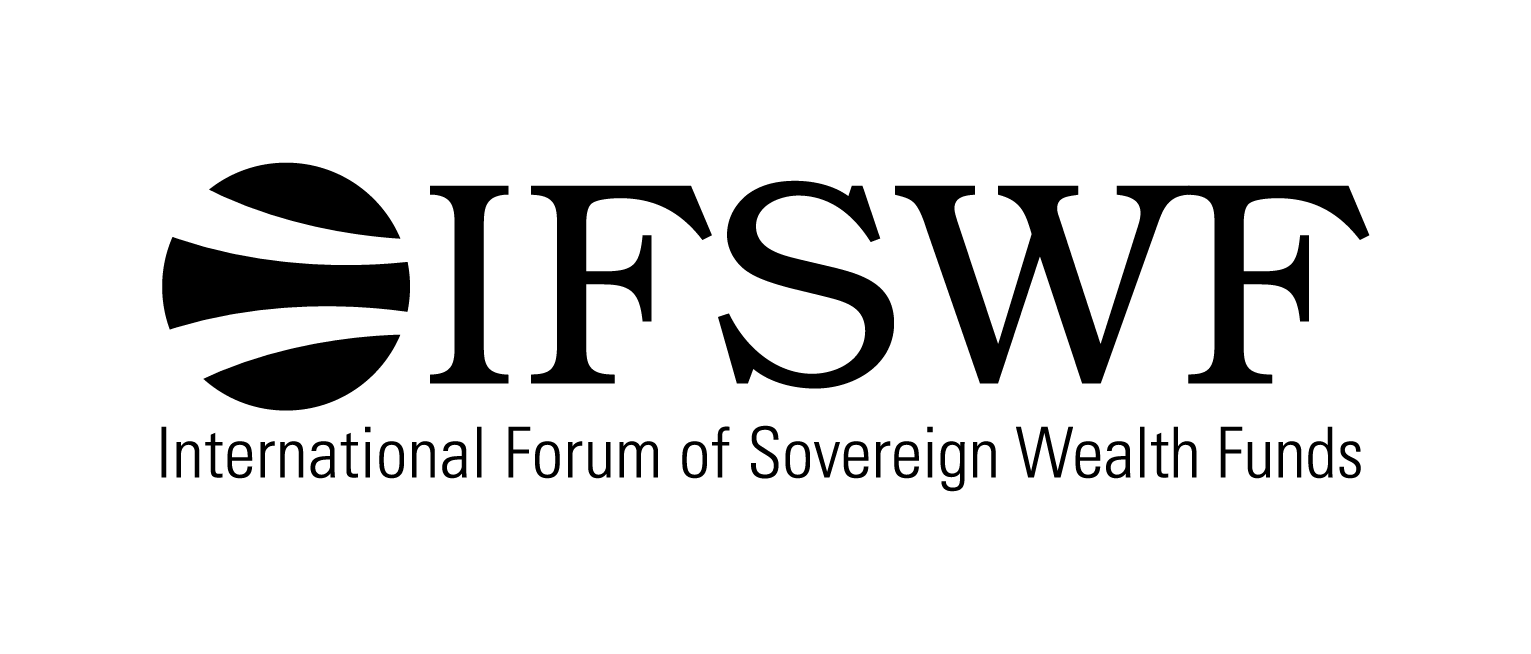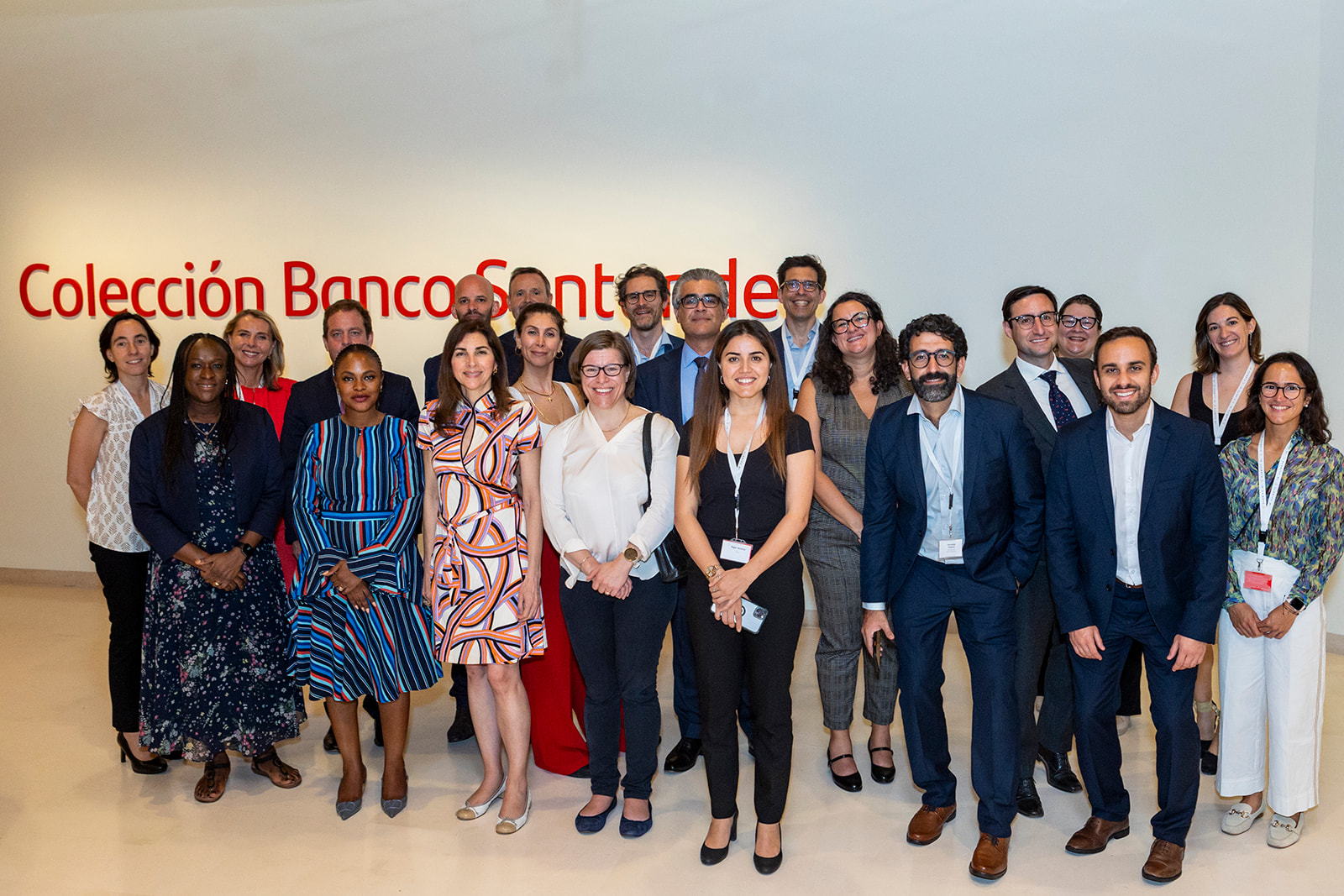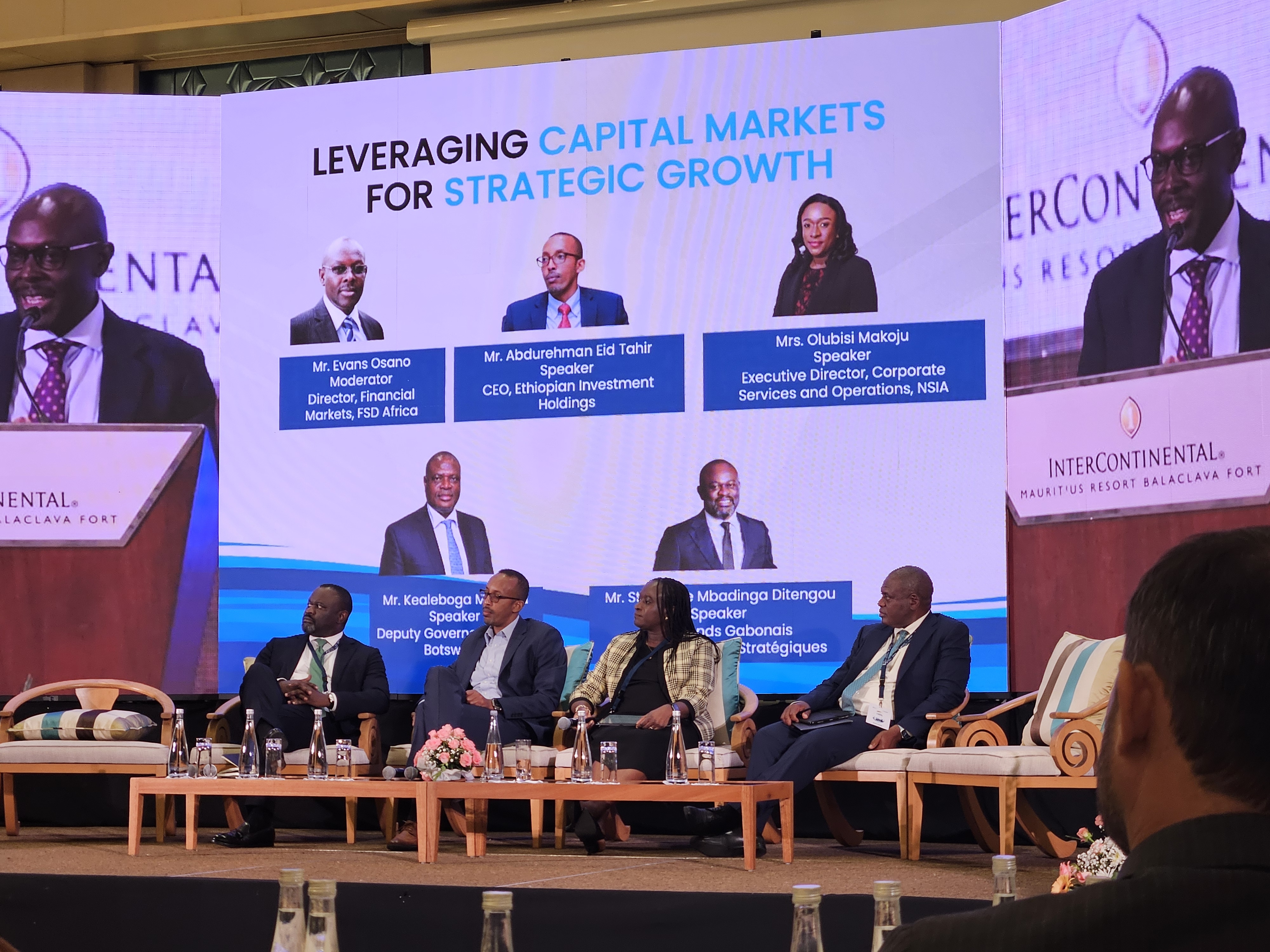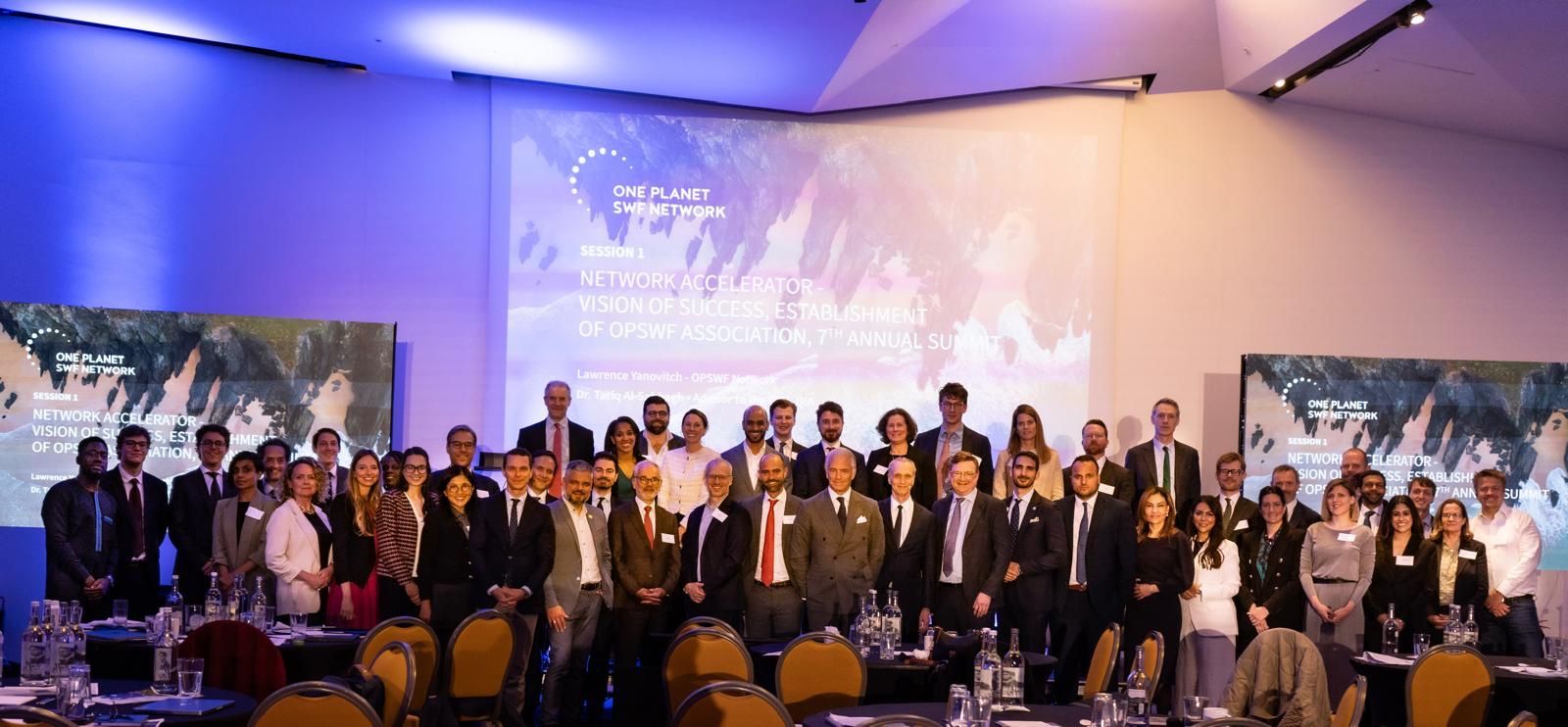Despite the prevailing notion among some commentators and governments that sovereign wealth funds serve primarily as savings pots for future generations, some of IFSWF’s recent discussions reveal that this perspective is increasingly outdated. Sovereign wealth funds are a dynamic and ever-developing group of institutions that increasingly identify and fill gaps in their local economies, enabling them to simultaneously generate long-term financial returns and support sustainable and inclusive economic growth. As one of our members recently said, “There is no point in saving for the future if you can’t save the future.” Consequently, the lines are blurring between long-term savings funds and those investing at home, and this is increasingly reflected in the institutions comprising IFSWF’s membership and their evolving investment strategies.
Over the last month, the IFSWF team had the privilege of partnering with Clarity AI and Santander Asset Management on a workshop focusing on financing the energy transition in Spain, contributing to the third Africa Sovereign Investors Forum hosted by the Mauritius Investment Corporation as well as attending the half-year meeting of the One Planet Sovereign Wealth Funds Network hosted by the Ireland Strategic Investment Fund.
A key theme across these events was that sovereign wealth funds play an important role in developing local capital markets, particularly in helping finance the energy transition. Liquid and well-functioning capital markets provide avenues for raising long-term capital, diversifying and mitigating financial risk, and promoting and efficiently channelling savings towards capital essential for equitable and sustainable economic growth.
Sovereign wealth funds play a vital role in facilitating the free flow of capital across the globe—a founding principle of IFSWF—by putting capital to work in global markets, supporting innovation and fostering economic growth, and increasingly advocating for cross-border investment in high-growth and mature economies. Supporting local capital markets is an essential part of enabling investment to flow into high-growth economies and driving the growth of the global economy.
The sovereign wealth funds of the Arabian Gulf region have been leaders in implementing programmes designed to deepen local capital markets, attract foreign investors, and stimulate retail participation as part of their long-term commitments to support and develop their local economies. The Oman Investment Authority is planning to list more than 20 assets across different sectors on the Muscat Securities Exchange between 2023 and 2026. Similarly, the Qatar Investment Authority backed a permanent market-making programme at the Qatar Stock Exchange in May 2023 after a pilot scheme.
Africa is another region in which sovereign wealth funds are playing a crucial role in developing capital markets. Ethiopian Investment Holdings, the country’s sovereign wealth fund, has played a foundational role in establishing the Ethiopian Securities Exchange, on which it will seek to float stakes in its portfolio companies. In April 2024, EIH divested a significant stake to a group of investors led by Nigerian Exchange Group and including FSD Africa, a UK-backed non-profit financial institution, and Trade and Development Bank Group (TDB), the investment arm of the Common Market for Eastern and Southern Africa (COMESA) trade bloc.
The Nigerian Sovereign Investment Authority has also played a catalytic role in enabling capital to flow to areas that it wouldn’t otherwise have been able to reach. Its creation of Infracredit, which provides local currency guarantees to enhance the credit quality of debt issued to finance infrastructure assets in Nigeria, has enabled companies to borrow money from investors without having an individual credit rating. More recently, NSIA has been instrumental in founding the Green Guarantee Company, the world's first climate-focused guarantor, which is listed on the London Stock Exchange. The company aims to leverage an initial $100 million commitment from its founding investors to provide up to $1 billion of guarantees for a range of growth markets underpinned by an investment grade rating of BBB/Stable from Fitch Ratings.
Our recent conversations have also explored the varied roles that sovereign wealth funds can play in green and transition finance. For example, while sovereign wealth funds have traditionally been targeted as buyers of green, blue and sustainability-linked bonds, they have faced challenges to investing due to small issuances and below-market returns. However, they can play various roles in this growing part of the capital markets, which is increasingly important in financing the decarbonisation of carbon-heavy sectors. Sustainability-linked and green bonds can play a crucial role in helping governments reduce their cost of borrowing by retiring old debt in favour of a debt instrument that helps protect nature in some way. However, this usually requires investors to take a hit on their returns. Strategic investment funds can help improve the situation for investors by acting as a third-party guarantor to buy the old bonds at a discount to create fiscal space and use the remainder of the proceeds to meet climate targets, such as the Paris Agreement’s Nationally Determined Contributions (NDCs) or biodiversity targets. As such, they can also influence how that money is spent and that targets are met. Similarly, as issuances increase in size, local sovereign wealth funds can act as anchor investors in the new debt to attract other private investors, including other sovereign wealth funds, into the issue.
Helping develop carbon markets is another place where sovereign wealth funds can play an important role and generate long-term returns. For example, Fonds Gabonais d’Investissements Stratégiques serves as the exclusive marketing representative for the country’s carbon credits, the proceeds from which the government wants to use to fund infrastructure projects, including hydroelectric power generation. NSIA is also actively involved in developing carbon markets. In 2023, the fund partnered with energy trader Vitol to create Carbon Vista, a $50 million fund to invest in carbon avoidance and removal projects, including a local clean cooking project to reduce deforestation. The joint venture aims to be a catalyst in the creation of a domestic emissions trading scheme and create a pipeline of assured, high-quality credits into the global voluntary carbon markets.
Finally, asset owners have a powerful voice in asking governments and regulators to clarify standards and frameworks more, particularly in the sustainable finance field, where consensus is lacking. Sovereign wealth funds’ government ownership, financial objectives, and collaborative nature can contribute to creating cross-border consensus to help capital from the Global North flow through financial markets to the Global South, where attractive investment opportunities can have both social and environmental impact.




